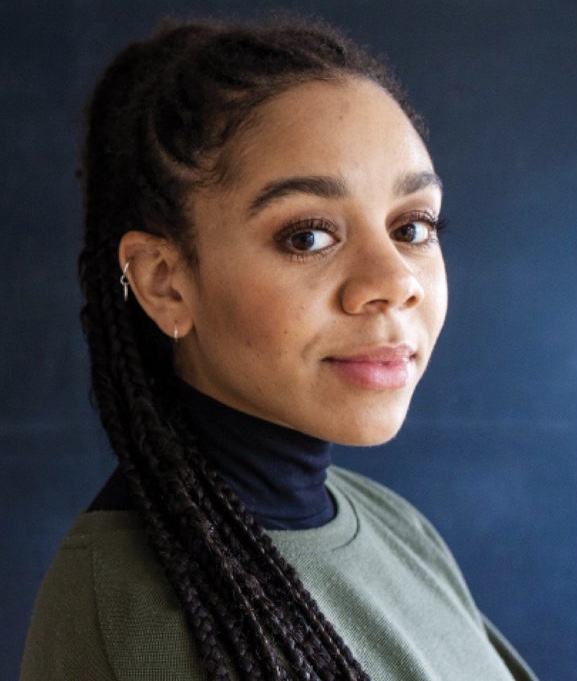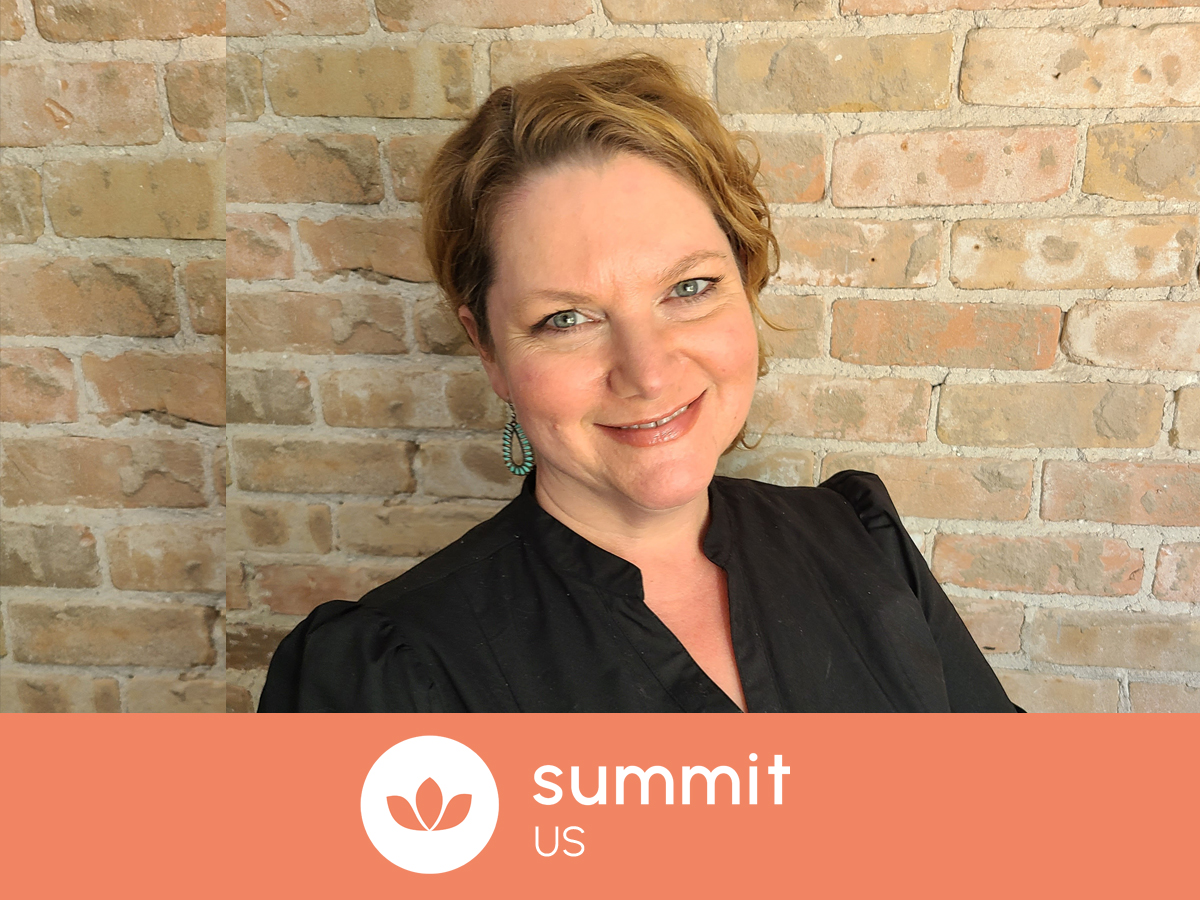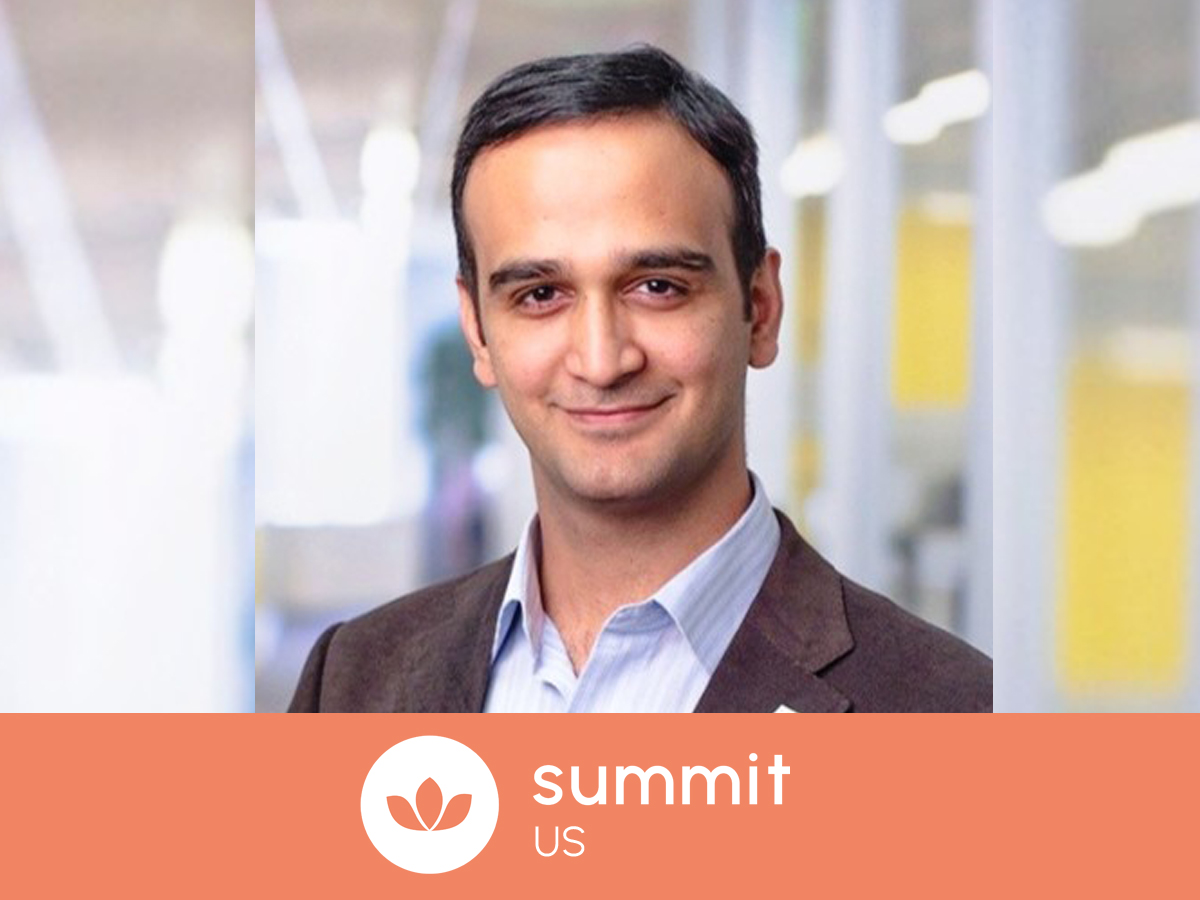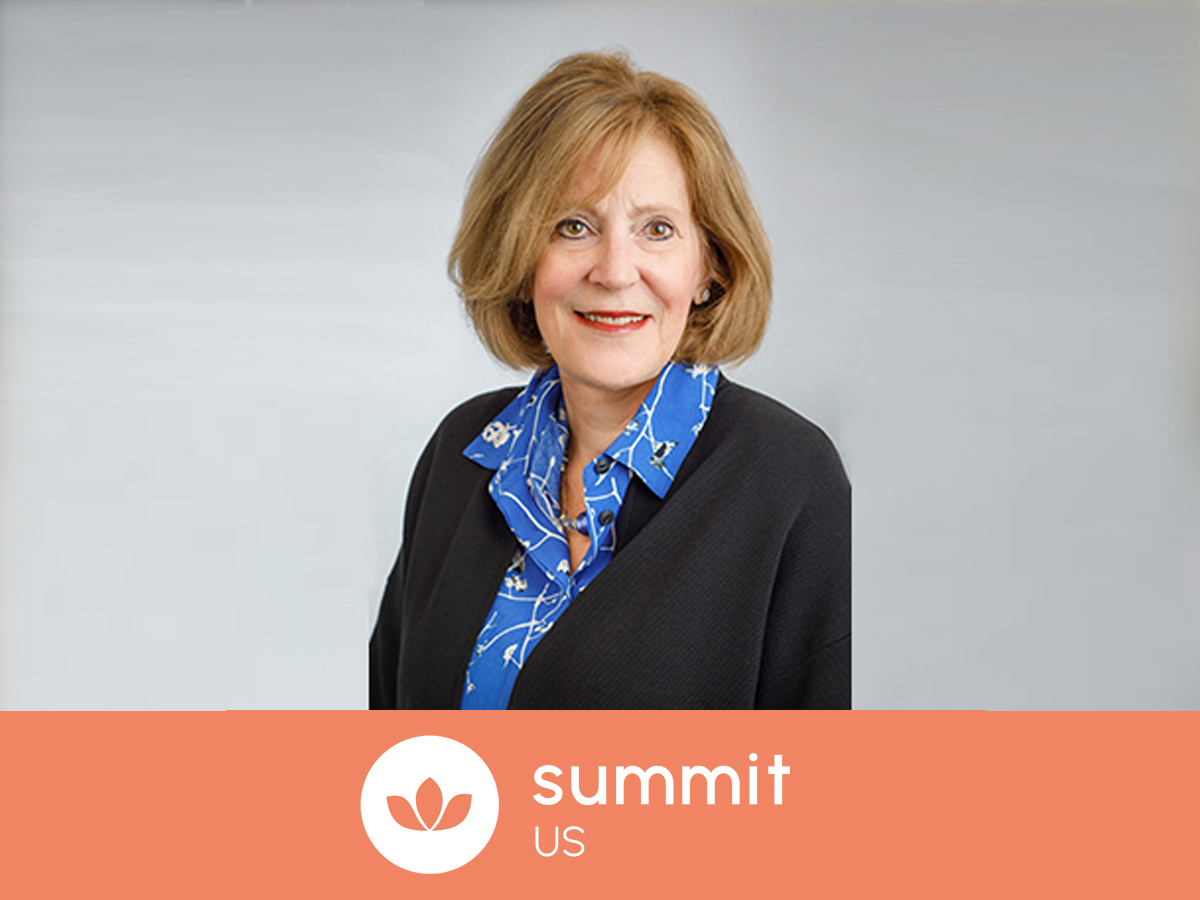
Denise is a DEI Specialist & Manager at EY in Stockholm, where she supports international clients on their diversity, equity, and inclusion journeys. With a strong commitment to fostering inclusive workplaces, she analyzes current DEI states, develops strategies and policies, presents tailored solutions in line with leading practices, and supports alignment with CSRD ESRS S1.fostering wellbeing within organizations.
We are delighted that Denise will be speaking in Stockholm as part of our Nordics summit. We caught up with her to find out how she’s feeling in the runup to the event.
Hi Denise, we are thrilled that you will be speaking at the Wellbeing at Work Nordics Summit in May. Our first and most important question is, how are you doing today?
I am doing well thank you! I just got back from a two-week vacation in Mexico City. So, a bit jet lagged but also recharged and happy for all the new experience.
As a leader based in the region, what are the main challenges you are facing when it comes to employee wellbeing and mental health?
I find that one of the more difficult challenges as a consultant is having to deal with continuous external deliveries and deadlines – and with that I mean working in various projects with oftentimes new people, who might not always have any real insights into what your overall work life looks like but only “see you” within that specific project. For many consultants I think that can lead to situations in which deadlines/deliveries vs wellbeing can become competing priorities.
What strategies have you seen developing over the past 6 months, both internally and externally, that are moving the dial on wellbeing in the workplace?
I really appreciate EYs hybrid working model and the fact that we haven’t been one of the companies that have enforced new rules (post-pandemic) on that you must be in the office x amount of days/week. It really makes it so much easier to have work-life-balance as it gives you a lot of flexibility on when and where you do your work. For me e.g. going to the gym regularly is very important for my wellbeing. It’s where I clear my head and have some me-time. It’s much easier for me to fit that into my schedule with a hybrid working model.
Why is employee wellbeing so important to you personally?
I have ADHD but didn’t get my diagnosis until quite late, as a young adult. Because of this, and the intersections of having ADHD and being a black woman, I have seldomly had a role model or any clear roadmaps provided on how to approach wellbeing at work. So, I had to figure out my own way. Being very open about my diagnosis at work today is therefore an active choice. With that I hope I can, if even just for one person, be that role model someone else needs.
What impact is AI having in your organisation and how are you managing that?
EY has it’s on AI tool, EYQ. I would say AI is having a quite big impact in our organization. I use EYQ almost every day. It makes me more efficient. However, I also read that using it too much can in the long run decrease your own creative capacity. So I’m trying to be mindful of that.
Other than AI, are there any challenges that you are seeing for the first time and how are you addressing them?
The backlash against DEI from the US is not entirely new, but it is unique in the way it’s being played out during my professional career at least. That such a big player (economically) is taking so many steps back on this topic is creating anxiety for many organizations on how to approach their DEI work. I think we will, and can, find ways around this though. Many European based companies are not stepping down but rather doubling down on DEI right now! So, there is hope. As a team we’re having to learn more now about how to be more flexible, in how we talk about the topic – whilst still, of course, keeping high quality in our work.
What areas do you think employers should be focused on over the next 12 months?
Creating a culture that promotes asking for help, delegating and saying no when necessary is important. Also having awareness of the fact that we are complex individuals who need different things to be our best selves at work. We also always must ensure a built-in buffer and flexibility for when we simply are not at our highest capacity. Life happens, and you want to be able to work and be at work even when you’re not at your best, without it being a big deal or a hindrance for you to keep your job. To achieve this, I think promoting leadership skills that can help leaders be role models in this is crucial. No one is going to call in sick when necessary if their manager never does…
Do you feel that investment in employee wellbeing in the region is increasing or decreasing and is that a direct reflection on HR leaders’ increasing ability to demonstrate effective returns of their strategies to leadership?
I would think that it’s increasing. I can see that many organizations are figuring out new and innovative ways to support their employees’ wellbeing, and I think others become inspired by that and want to do better. At the same time, the backlash against DEI might affect this negatively… However, this is also a question of talent attraction and retention. And that’s important for all companies. If you want to attract and retain a diverse pool of talent, it’s crucial that you have a culture that promotes a good work-life balance – and not only for a small group of people, but for everyone!
How has your organisation been leading the way?
We have 7 hr workdays from mid-June and through to mid-September, which is really nice. And apart from that, as I mentioned earlier, the hybrid working model I know is one of the most appreciated perks we have.
Denise will be speaking in Stockholm at the Wellbeing at Work Summit Nordics which takes place in Stockholm on 20th May and virtually on 21st May. Further details on the Summit and tickets can be found here.



